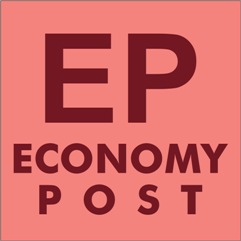Virendra Singh Rawat / Lucknow
With the farm agenda taking centre-stage in the Uttar Pradesh government template, the state has logged 2 million tonnes (MT) in paddy purchase in the current 2022-23 kharif marketing season so far.
Total payables against procurement is to the tune of Rs 4,000 crore, of which nearly Rs 3,370 crore have already been paid to farmers under the minimum support price (MSP) scheme.
In the 2022-23 kharif season, the MSP of paddy has been fixed at Rs 2,040 per quintal (100 kg) for common paddy and Rs 2,060 per quintal for Grade A paddy.
According to the UP food and logistic department, about 4,400 paddy procurement centres are functioning in the state. These outlets are set up by the UP Cooperative Federation (PCF), UP food and civil supplies department, UP Cooperative Union, UP Consumer Cooperative Union and UP State Krishi Utpadan Mandi Parishad, as well as Food Corporation of India (FCI).
Meanwhile, the state is tentatively targetting to procure 7 MT of paddy during the five months (Oct-Feb) procurement window. As such, 30 percent of the seasonal target has already been achieved with two and half months still left in the purchase calendar.
The paddy farmers have to register on the food and civil supplies portal www.fcs.up.gov.in for supplying the cash crop.
In fact, nearly Rs 14,000 crore is likely to be paid to UP farmers against paddy procurement this season if the state is able to achieve its target. The purchase process will only gain momentum in the coming weeks.
Earlier, UP chief minister Yogi Adityanath had ordered for prompt payment to paddy farmers and said strict action would be taken against laxity.
The state procurement centres have been geo-tagged by the Remote Sensing Application Centre (RSAC) for greater transparency and efficiency.
UP to increase production of healthy food grains
In UP, the procurement of paddy, wheat and sugarcane are the most prominent cash crops and collectively account for nearly Rs 50,000 crore in annual payout to farmers. While paddy and wheat are procured by the government agencies, a majority of the UP sugar mills are run by the private sector entities.

